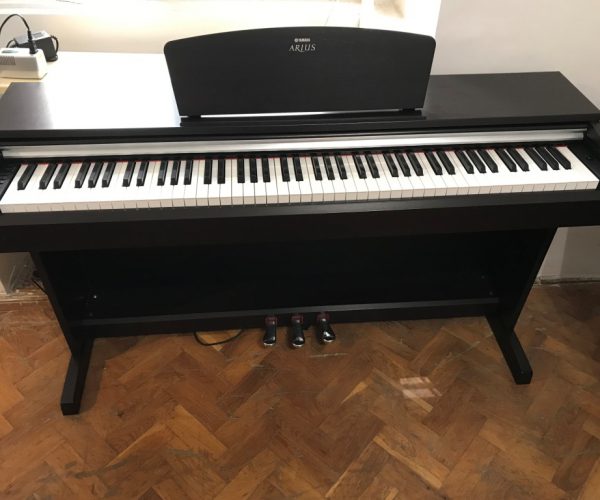Difference between „English” and „Viennese” piano action
People often ask what is the difference between „English” and „Viennese” piano mechanism (action). For help to disambiguate we try to give a proper answer in our Blog.
The „English” or „Erard” mechanism was named after its inventor Sebastien Erard, a french (Paris) piano-maker who created for the first time, in 1821, the Double Repeating Action. This innovative system presents various advantages to the earlier wide-spread „Viennese” action.
„Viennese” or „German” action was invented by an Austrian (Wien) piano-master called Andreas Streicher in 1770. This mechanism was very popular before „Erard” action had arrived with its extraordinary repeatation possibilities.

What is the point of Erard’s innovation?
While „Viennese” action allows the immediate repeatation of a note only after the hammer definitely returned to its resting position (which means 10 mm lower), the same thing is possibile with „Erard” mechanism by only 2-3 mm. Quicker repeatation is the main difference indeed.
Piano manufacturing has been revolutioned.
Let’s take a look to the „building” of a Piano. The first (German) action is made of a fully integrated block which means that every single Hammer is fixed on its corrisponding key. The other (English) version has – as a difference to the earlier – a single-standing/independent hammer-rail not connected to the keyboard directly. Hammer and key get jointed by means of a jack situated in the so called „GLIED”. Due to their structural characteristics the first action produces a gliding movement of the hammer when hits the string, in the second case hammers hit the strings always at the same point.
WHY is so revolutionary this aspect?
For „Erard” pianos the hammer-head doesn’t need any cushioning for wear-resistance, f.i. chamois (soft) leather, thus intonation work becomes easier and piano soundeffect nicer. A further – not less important – reason: the hit-point can be adjusted more precisly which rewards us with a nicer soundeffect of the Piano.
It is also important to note that „English” piano mechanism allows a stabile regulation of the repeating action [Auslösung] [DEU] thus produces a uniform sound volume of the keyboard.
„Viennese” action is less effective than „English” mechanism because of its low „touch” sensibility and that deficiency is the reason why the old, disadvantaged system was not used by piano manufacturers for about 80 years. Good to know that we distinguish „Viennese” action from „English” action exclusively for Grand pianos;in the case of Upright pianos there is not that difference.

